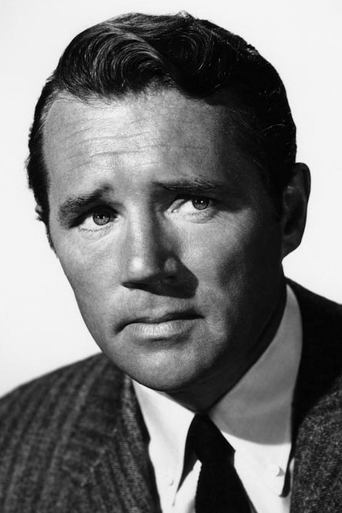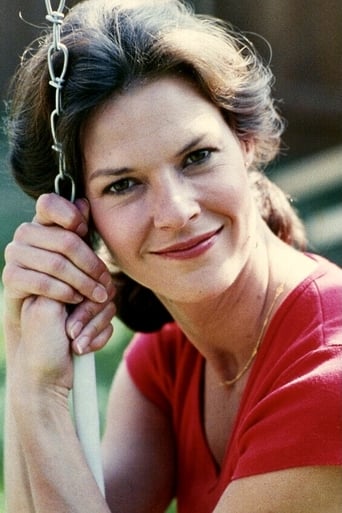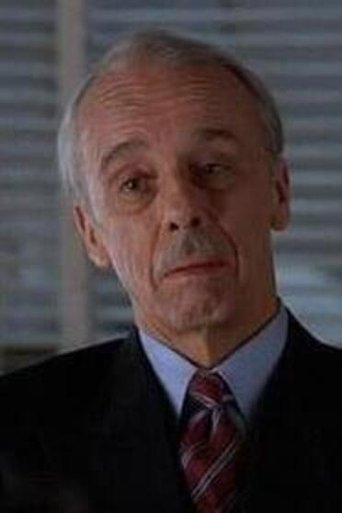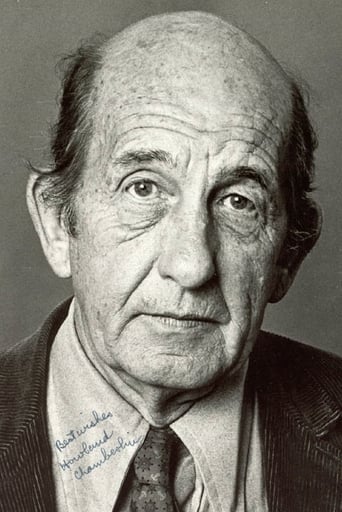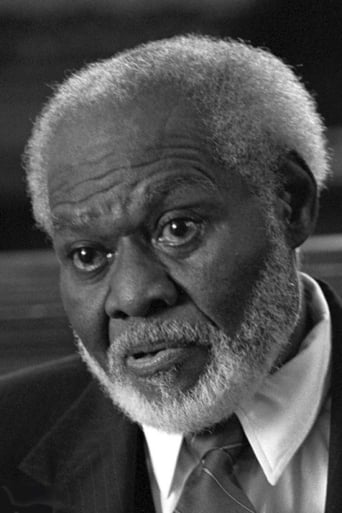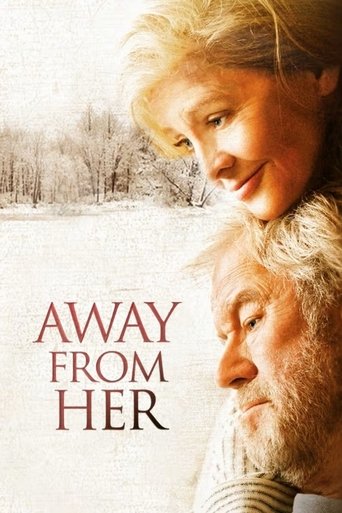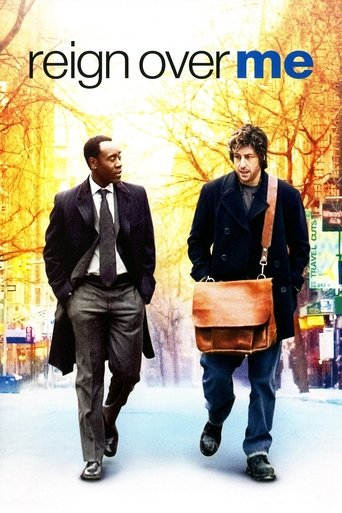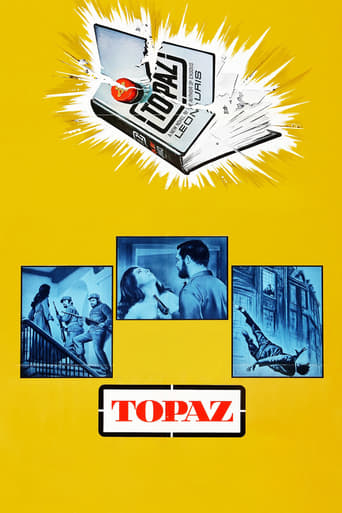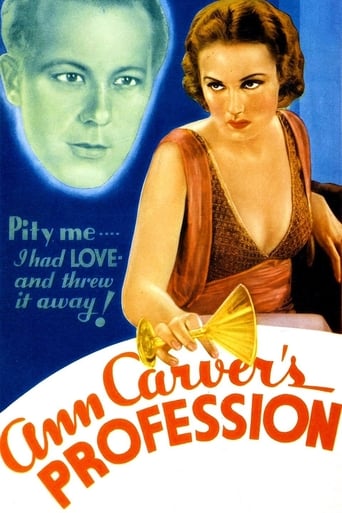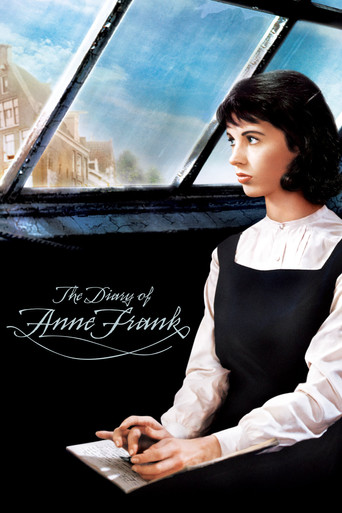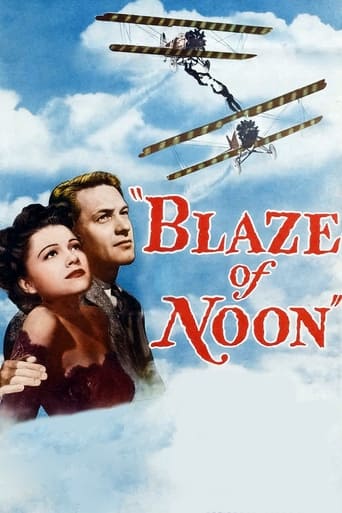
Kramer vs. Kramer (1979)
Ted Kramer is a career man for whom his work comes before his family. His wife Joanna cannot take this anymore, so she decides to leave him. Ted is now faced with the tasks of housekeeping and taking care of himself and their young son Billy.
- Robert Benton
- Renata Stoia
- Thomas John Kane
- Yudi Bennett
- Robert Benton
- Avery Corman
Rating: 7.6/10 by 2208 users
Alternative Title:
Kramer Contra Kramer - ES
Kramerová vs. Kramer - CZ
크레이머 대 크레이머 - KR
Kramer Contra Kramer - MX
क्रेमर बनाम क्रेमर - IN
Kramer contro Kramer - IT
クレイマー、クレイマー - JP
Kramer, Kramer - JP
Kramer mot Kramer - NO
Sprawa Kramerów - PL
Kramer Contra Kramer - PT
克拉瑪對克拉瑪 - TW
Kramer mot Kramer - SE
克藍瑪對克藍瑪 - HK
Country:
United States of America
Language:
English
Runtime: 01 hour 45 minutes
Budget: $8,000,000
Revenue: $106,260,000
Plot Keyword: husband wife relationship, marriage, custody battle, divorce, family, couple, selfishness, manhattan, new york city, child custody, abandonment, parents separating
**The struggle of women in the 70th of the last century** To what extent can a simple social story and a familiar family problem such as separation or divorce. To what extent can it represent and reflect the condition of an entire society, the culture and morals of this society, and the social changes that occur to it. The events of the film tell about the story of the divorce and struggle of the Kramer couple over the custody of their child, which reflected in its essence the social and cultural change in American society during the seventies of the last century. In 1979, the American social film Kramer vs. Kramer This film won good reviews, including an Academy Award. It is a reflection of the changes that took place in the family and in women's choices after widespread demands and protest movements in the United States of America in the sixties of the last century. Part of these demands was related to the call for women's liberation and the struggle for equality. After the round of conflict, the woman came out strong, and a measure of her rights were taken away. She also became economically independent and self-reliant, and the door of her ambitions was wide open, and she turned from a subordinate to an equal. Certainly, all these changes had to find their reflection on people's daily lives, on the woman's relationship with the man, and on the arrangement of women's priorities in terms of family and life, as yesterday the family was at the top of the list of American women's priorities, but after this cultural and social transformation, we see that the ambition of some women as Kramer's wife It is what settles at the top of her priorities now. And as the wife Kramer is the strongest and most economically able, she takes custody of the son from the father without regard to whether this behavior is in the best interests of the son or not. I was affected by what Kramer's wife did, which is that she was faced with two difficult choices, either to take care of the son, or to continue what she had achieved in her work. Unfortunately, it was prescribed for a woman to sacrifice everything.
Much more heart than expected! 'Kramer vs. Kramer' is a film I've heard of for as long as I can remember, though I didn't actually know much about it itself... a quick glance at Wikipedia and I saw that they class it as a "legal drama", which is obvious given the title. With that, I was waiting for a long court battle to start so was surprised to see it not arrive until the final 30 or so minutes. The film is actually mainly about a father and son, in how they react to a certain life event. And boy do the filmmakers do a great job at making you care for the characters of Dustin Hoffman (Ted) and Justin Henry (Billy)... and even Meryl Streep's Joanna, though I could've personally done with more development for the latter's character; especially as the ending is quite predictable, so additional scenes for her side of the story would've been nice. I wouldn't say it's a big deal, however, as you see what's needed. Hoffman puts in a terrific performance, as does youngster Henry. Streep also brings a good showing, as do Jane Alexander and Howard Duff more minimally. Credit to everyone onscreen, in truth. It's, of course, sad to read about the offscreen incident(s) that occurred during the production involving Hoffman and Streep, albeit settled incident(s) between the two. In conclusion, and this won't come as a surprise given my rating and all the positive noise that this film has received in the decades since its release, I'd undoubtedly recommend this motion picture from 1979.





